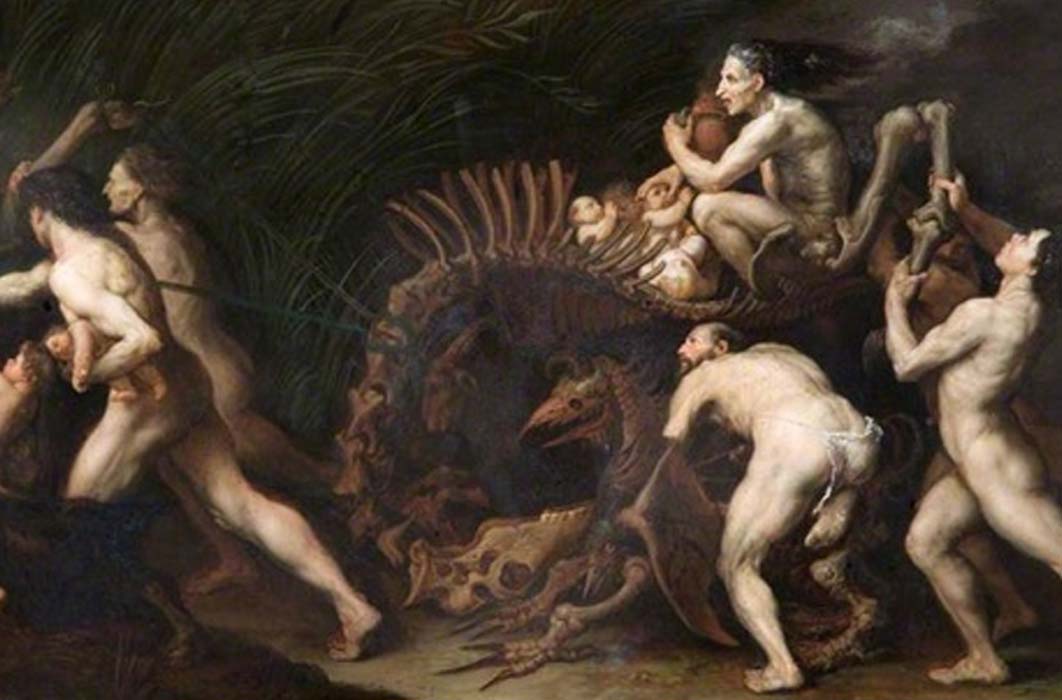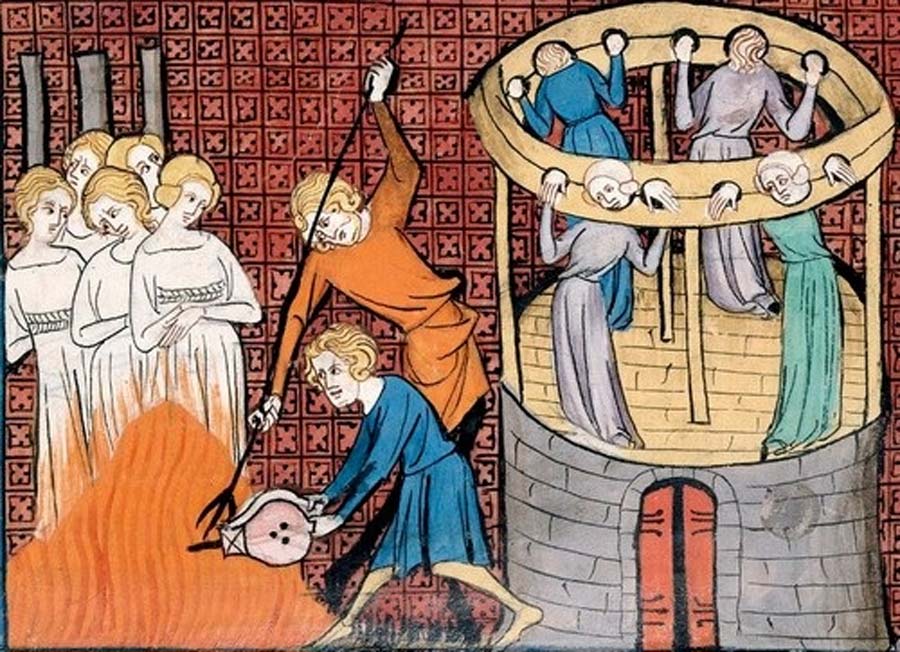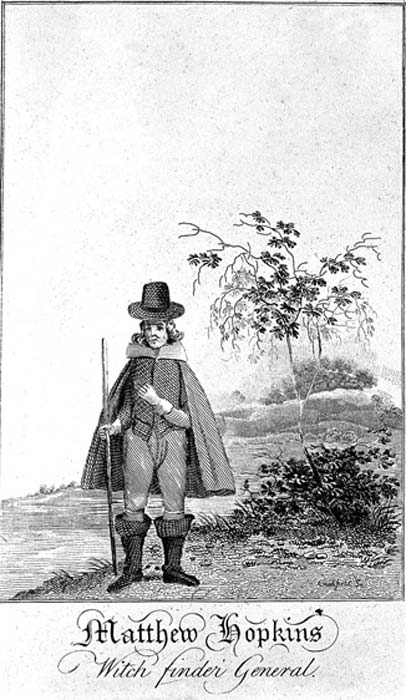
The Fate of English Witches: From Water Torture to Divine Retribution
During the Early Modern period of European history – from the Renaissance (1500) to the French Revolution (1800), hundreds of thousands of witches suffered the terrible fate of being burned at the stake for their beliefs during the so-called ‘Burning Times’. Modern estimates suggest a revised figure of between 40,000 to 50,000 over a period of 300 years, however, following my own researches into witchcraft trials in England, it would appear the reality was far less dramatic, albeit not for the individuals convicted of witchcraft!

Witches’ Sabbath The Great He-Goat by Francisco Goya (1746–1828) (Public Domain)
Witches in Medieval England
For most of the Medieval period, the authorities turned a proverbial blind-eye on the activities of witches and sorcerers, despite many of them apparently practicing openly, if discretely. They knew witches existed but, as one report relating to 15th-century London put it, the authorities: “were neither eager nor willing to prosecute practical magicians” - which included sorcerers and witches - providing they were not trying to harm or defraud anyone. Intriguingly records suggest that between the years 1066 and 1560 only six people were executed for witchcraft in England.

Torturing and execution of witches in medieval miniature. (Public Domain)
This pragmatic view very much accords with the modern perception that many so-called witches were merely herbalists, cunning-men, and wise-women practicing white or hedge magic in an era when medical science was in its infancy and unavailable to most people. In fact, some studies suggest patients of hedge witches had a better survival rate than those treated by ‘qualified’ physicians and surgeons.
Swinging by the Rope
Of those convicted of witchcraft, during the Early Modern period, the total number executed in England over about 120 years, from 1566 to 1684 was under 500 – and this includes those arrested during the two-year (1644-47) reign of terror of the so-called Witch-Finder-General Matthew Hopkins.

Portrait of Matthew Hopkins, witch-finder general. (Wellcome Images/ CC BY-SA 4.0)




